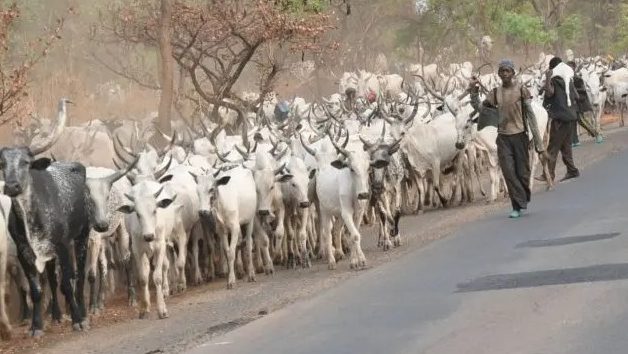
PRESIDENT Bola Tinubu’s creation of a new Ministry of Livestock Development again underscores the inherent contradictions in efforts at resource management. Besides struggling with sundry economic woes including a debt of N121 trillion, expanding the government with the creation of yet another ministry, which brings the number to a record 49, suggests a lack of commitment to trimming governance costs.
The Federal Government already runs over 1,000 ministries, departments, and agencies including foreign missions per Federal Civil Service Commission. Most are poorly funded, ineffective, and perform overlapping functions. Reversing this anomaly by merging some MDAs was the kernel of the Steve Oronsaye Report that Tinubu promised to implement. The President is now going in the opposite direction. So, the ministry is not needed.
The new MLD is one of the 21 recommendations of the National Livestock Reforms Committee set up in September 2023 under Abdullahi Ganduje, chairman of the ruling All Progressives Congress with a mandate to suggest solutions to the age-long herders attacks on farmers.
The committee recommended the resuscitation of grazing reserves and other methods of land utilisation as part of the conflict mitigation and resource utilisation agenda. The rationale for the new ministry’s creation is a strong institution to implement these and other recommendations.
The ministry seems to be a political gambit designed to appease the northern bloc. It revives the contentious RUGA policy of the Muhammadu Buhari administration (2015-2023).
The herders’ conflict was triggered by decreasing access to land and economic and sociocultural divisions between populations. Crucially, it is a direct result of the failure of cattle breeders and owners to invest in modern animal husbandry techniques and models but prefer a zero-cost approach to the detriment of sedentary farmers. This is the issue that must be addressed.
The conflicts have resulted in over 60,000 deaths across 22 states since 2001 according to researchers from the University of Abuja and the displacement of hundreds of thousands, especially in the North-Central.
This is due to declining pasturelands, desertification, expanding populations, poor agronomy practices, the proliferation of small arms and crime in rural communities, and the breakdown in traditional conflict resolution mechanisms of land and water disputes. Several unregulated militias have sprung up to protect communities, farms, and cattle exacerbating the general insecurity across the land.
The livestock reforms committee recommended the resuscitation of the 415 grazing reserves, which cover about six million hectares in the 19 northern states of which only 115 have been developed. Miyetti Allah, the umbrella body of cattle breeders has urged states to make the land available since pastoralists do not have any land to settle.
Without a doubt, cattle farming is a big business. More than 200 million cattle live and graze in Brazil, bringing $123 billion into the country’s economy annually, about 8.5 per cent of GDP. In 2023, Brazil further boosted agricultural production with $91.8 billion in financing for farmers and ranchers to expand an already formidable sector.
The government cannot manage ranches having failed woefully with past experiments such as the Mokwa Cattle Ranch established in 1964 specifically for fattening purposes by the German and Nigerian governments with full compliments of infrastructure, facilities, and machinery at European Union standards. It collapsed in 2004 under the weight of mismanagement.
The solution lies in commercial cattle ranches, which must be the prerogative of the states and private investors. The idea of grazing routes should be buried. The livestock ministry should not be a compensation for herders who have driven cattle into people’s farms to destroy crops.
The government should limit itself to technical and financial interventions to support settled ranchers. The nomadic lifestyle to support cattle breeding is incompatible with 21st-century living apart from the conflicts it generates.





